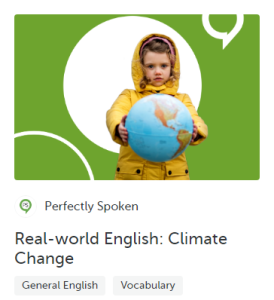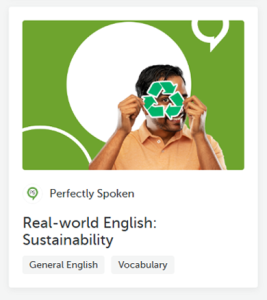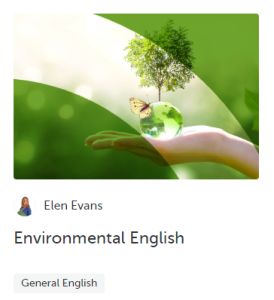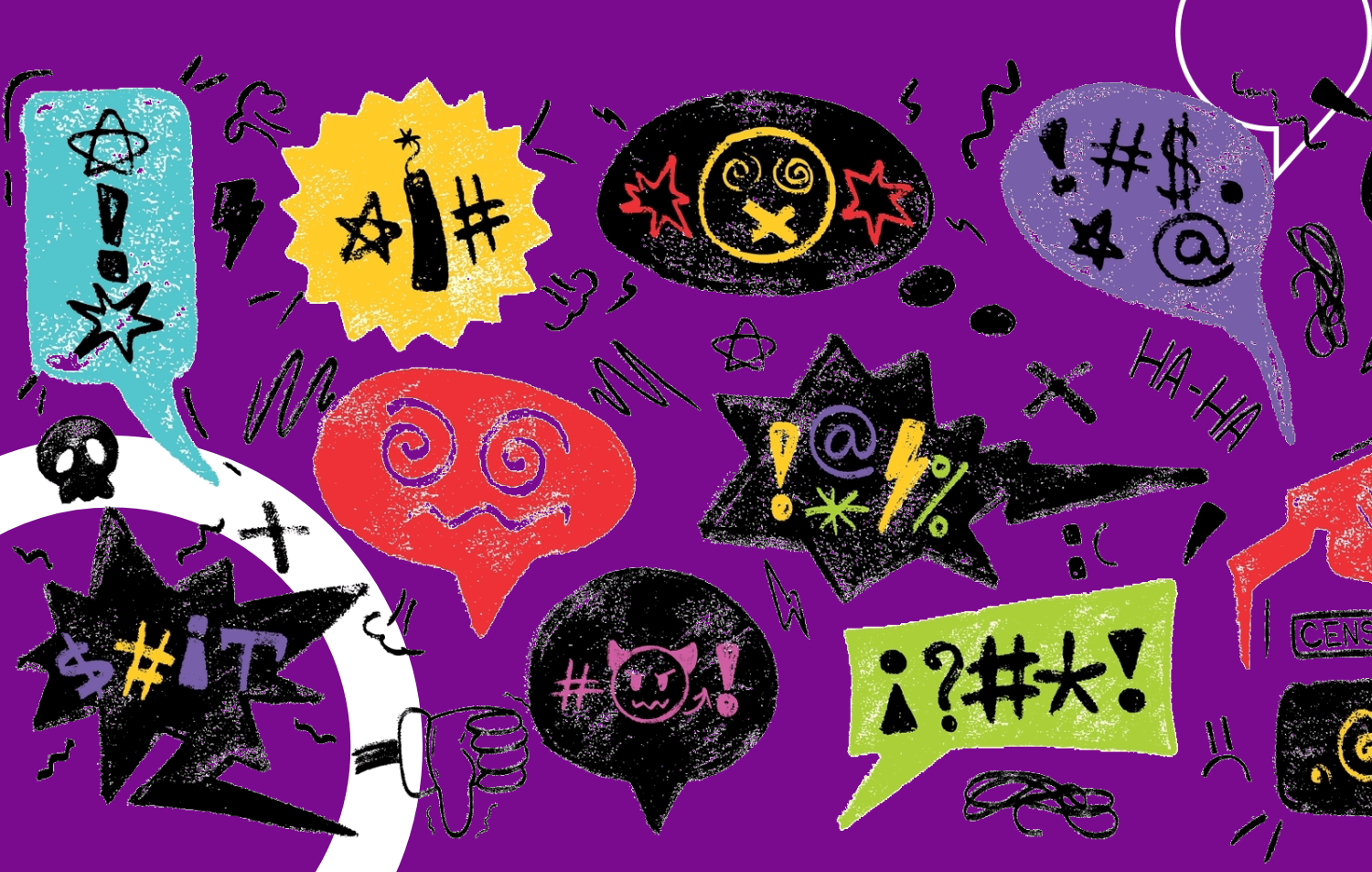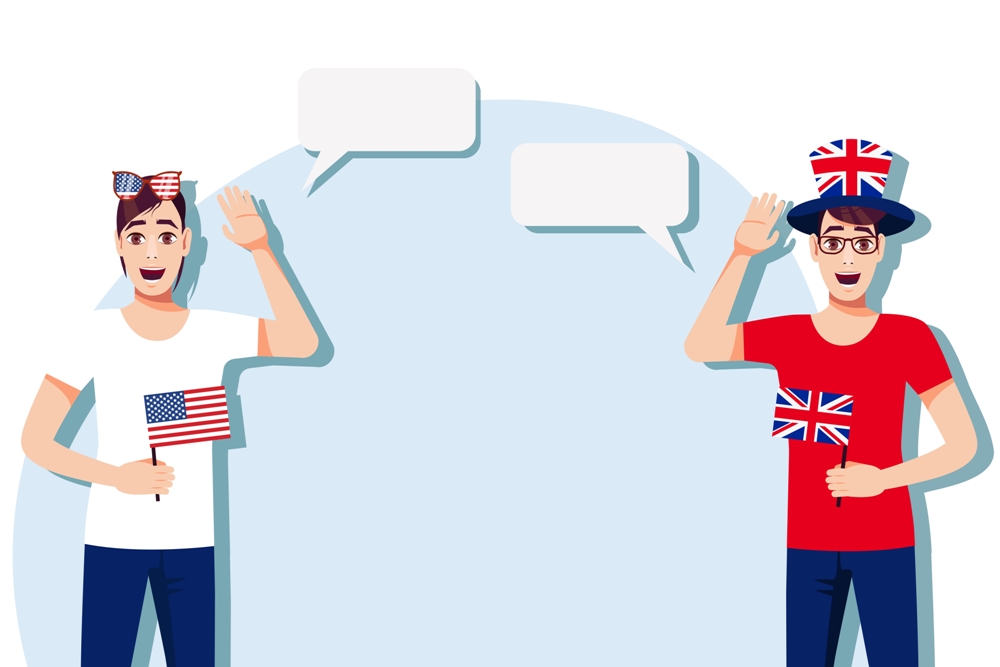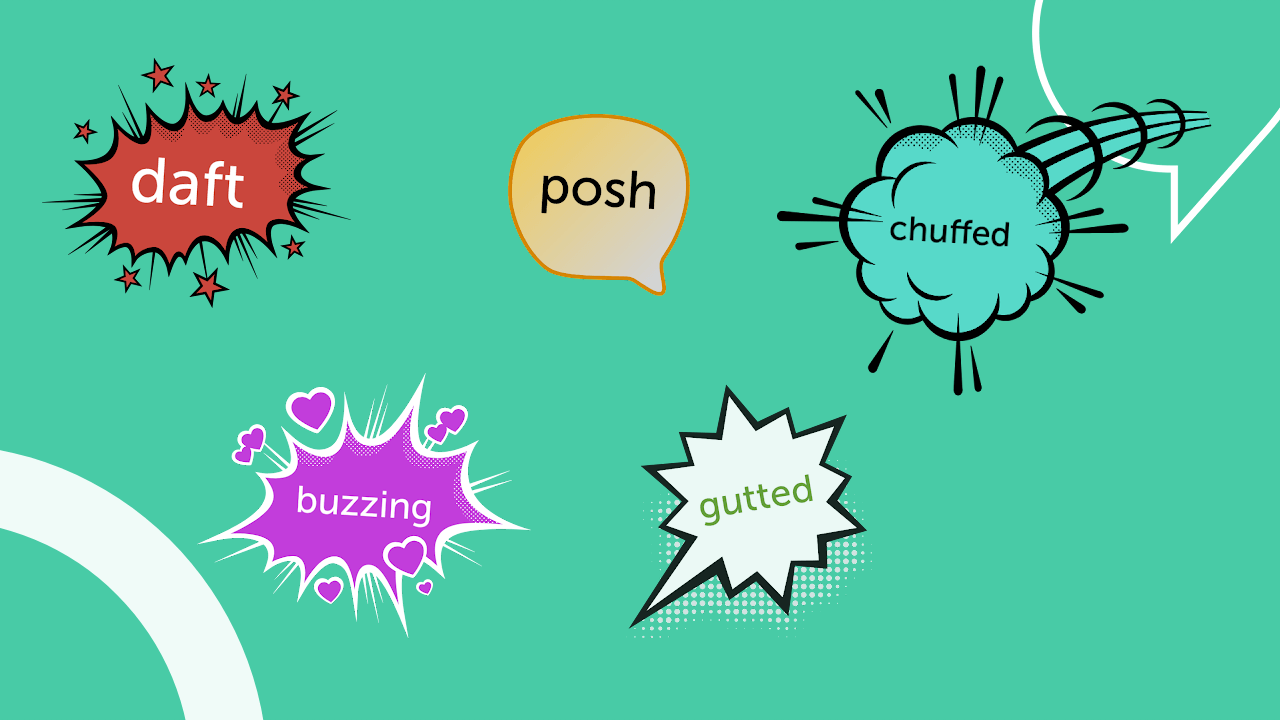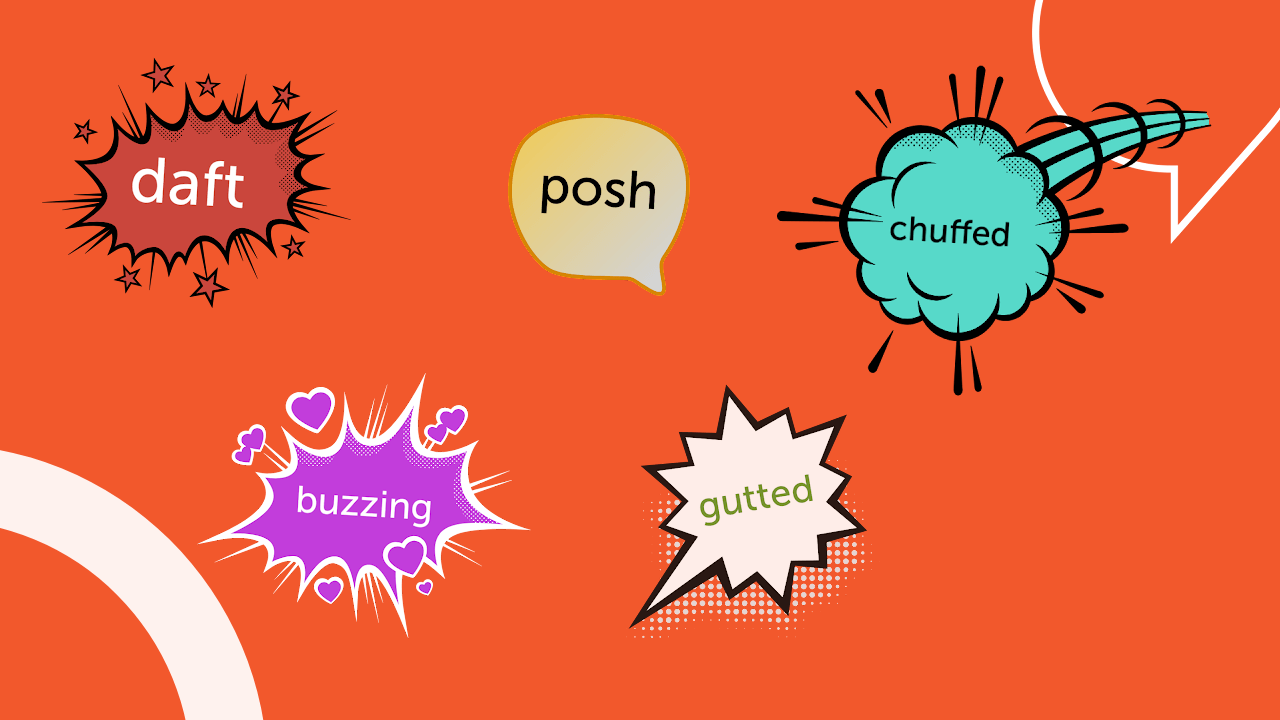Have you ever thought about the future? What will the world look like in a few years? Will robots take over our jobs? Will we fly to the Moon for a holiday? 🌙 In this article, we’ll look at 10 fun and simple ideas about what might happen in 2025. Some are exciting, some are surprising, and all of them are interesting!
So, let’s take a little trip to the future together. 🚀
What will happen in 2025?
- AI Everywhere
Robots and smart computers will help people in many jobs, like doctors, bankers, and drivers. They might even remind you to eat your veg!
- Electric Cars Take Over
More people will drive electric cars instead of petrol ones. You won’t hear “vroom vroom” as much, but you’ll see more charging stations like phone chargers for cars!
- Fighting Climate Change
Countries will work harder to stop climate problems. Maybe one day, we’ll see flying wind turbines or solar panels on every rooftop.
- Super Smart Computers
Quantum computers (very, very smart computers) might solve tricky problems that normal computers can’t. Who knows? They might even help us find the sock we lost in the washing machine!
- Better Medicine
Doctors might give you special medicine just for you, made using your DNA. Imagine medicine that knows your favourite colour—just kidding, but it will be very advanced!


- Trips to the Moon and Mars
Astronauts might visit the Moon again, and maybe they’ll start packing for a trip to Mars. Let’s hope they don’t forget their snacks!
- New World Leaders
Some countries like China and India will have more power in the world. Leaders might spend more time talking and finding solutions rather than arguing.
- Safer Factories
Big companies will find smarter ways to make things faster and safer. Maybe one day, robots will do all the boring jobs, and we can just relax with a cup of tea.
- Cool Virtual Reality
VR (virtual reality) and AR (augmented reality) will grow. Imagine studying history by walking around ancient Rome with glasses on—or playing hide-and-seek with dinosaurs!
- Digital Money Rules
More people will use online money like Bitcoin. Maybe one day, you’ll say, “I just bought pizza with digital coins!” No need to carry heavy wallets anymore!
Definitions
- Veg –Short for “vegetables.” like carrots or broccoli.
- Vroom vroom –The sound a car or motorbike makes when it’s running.
- Wind turbines –Big machines that use wind to make electricity.
- Tricky –Something that is difficult or hard to do.
- Just kidding –A phrase to show you were joking or not being serious.
- Snacks – Small amounts of food you eat between meals, like crsips or biscuits..
- Arguing –Talking or shouting when people don’t agree and feel angry.
- Smarter –More intelligent or clever.
- Hide-and-seek –A fun game where one person hides, and others try to find them.
- Wallets – Small cases to carry money, cards, and IDs.


Final Thoughts
How Will You Improve Your English in 2025?
Make 2025 your special year. Set small goals for your English. Practise every day. Your Perfectly Spoken teachers are here to help you.
Also, use music, movies, and games to make learning fun. Remember, every little step is important.
So, what are your dreams for 2025? Write them down in English. Let’s make 2025 the best year ever!
Happy New Year and happy learning! 😊
Start improving your English skills today!
Start your 7-Day Trial now with access to a selection of video lessons and live practice sessions






















